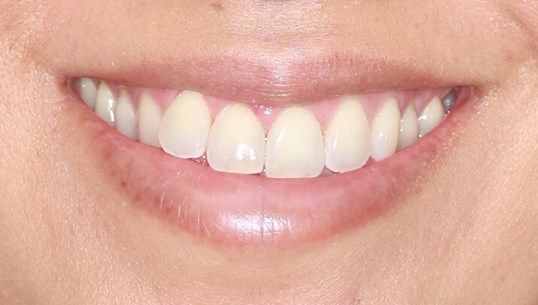
Tooth infection means infection and contamination of the pulp or tooth pulp in the chamber inside the crown and root of the teeth. The soft tissue pulp contains blood vessels and nerves and is normally protected by the tooth enamel and, to some extent, by the dentin that is under the enamel. According to an experienced dentists at a modern dental clinic for refugees in Orangeville, if bacteria attack this part, it becomes infected and requires immediate dental intervention. If you are dealing with a kind of dental infection, and want to know how to treat it, read the article.
What Are the Symptoms of Tooth Infra-section?
An infection in the dental pulp may have many hidden and obvious symptoms. Infection in the early stages may also have significant symptoms, but when it is progressing, the symptoms of tooth infection usually appear as follows:
- A painful toothache
- Eating while experiencing pain
- Sensitivity to heat or cold in the teeth
- The pressure sensitivity of the teeth
- Unpleasant aftertaste
- Bad breath
- Glands in the neck swell
- Inflammation of the gums
- Inflammation of the jaw
- Fever
If you have any listed symptoms of a tooth infection, see a dentist as soon as possible to start treatment.

What Is the Treatment for Dental Pulp Infection in The Root?
Treatment will depend on whether the infection is reversible or irreversible. In other words, the treatment method depends on the infection’s progress. The patient may have visited the dentist in the early stages and may visit the dentist when the infection has spread. In both cases, the treatment is different.
Treatment of Reversible Pulp Infection
If the infection has just started, it may be possible to prevent the spread of the complication with home remedies. With the initial treatment, the symptoms of pain and swelling will disappear. But if the tooth has been seriously damaged (for example, decay or fracture), it is necessary to restore it for treatment to care for and protect the tooth pulp.
Treatment of Irreversible Tooth Root Infection
Irreversible infection means that damage to the tooth nerve has been done and cannot be reversed. If this is the case, the dentist must de-nerve the tooth and remove all infection and dead tissue. Otherwise, the tooth must be extracted if nerve extraction is not done. If the debridement is not performed, the infection may spread to the affected tissues and cause more problems. Antibiotics will also be prescribed to eliminate the infection and prevent it from spreading to other parts.
Can an Infected Tooth Damage Other Parts of the Body?
If the bacteria causing infection and inflammation spread to other parts of the body, there is a possibility of damage to other parts. An infected tooth can affect your body if left untreated. If the infection in the pulp is not treated in time, it can turn into sepsis, which requires urgent and emergency medical care.
How to Prevent Tooth Infection?
There are many ways to reduce the risk of pulp infection. In addition to brushing and flossing regularly and correctly, you should have your teeth scaled annually with the help of a dentist. Dental scaling is recommended to remove dental plaque and prevent tooth infection.
Apart from the mentioned cases, changing the toothbrush on time, using the right toothpaste, fluoride therapy, and reducing the consumption of sweet foods and those harmful to the teeth are other methods of preventing pulpitis.








